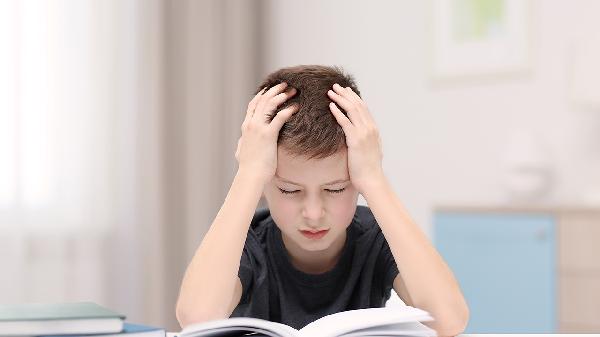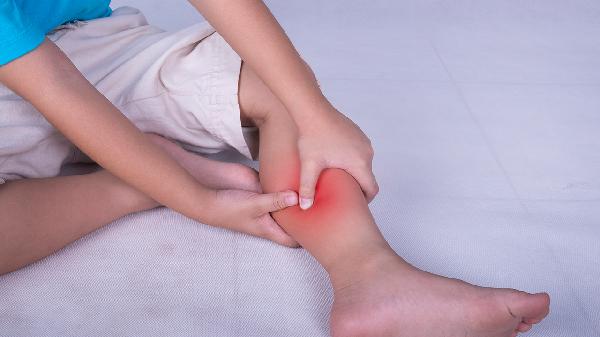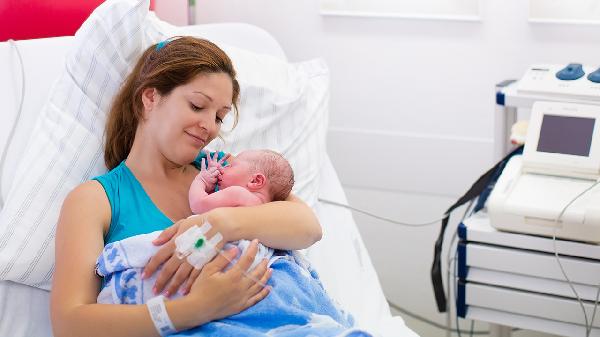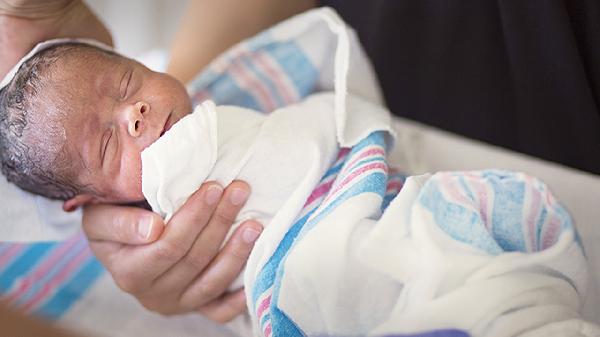Climate anxiety is hitting parents hard these days, and it's no wonder why. Between record-breaking heatwaves, devastating wildfires, and unpredictable storms, it's tough not to spiral into worst-case scenarios about what kind of world our kids will inherit. But here's the thing: while climate change is very real, so is our ability to cope with the emotional toll it takes—without letting it overshadow the joy of raising our little humans.
Turning Anxiety Into Action
One of the most effective ways to combat climate anxiety? Actually doing something about it. Dr. Pamela Templer, a biology professor at Boston University, puts it bluntly: "Anxiety thrives on helplessness." When parents channel their worries into tangible actions—whether it's composting, reducing meat consumption, or advocating for greener school policies—they regain a sense of control. And let’s be real, composting banana peels won’t single-handedly stop rising sea levels, but stacking small wins creates momentum. Plus, involving kids in these habits—like turning off lights or planting a backyard garden—helps them grow up with environmental awareness baked into their daily lives.
Ditching the Eco-Guilt Trap
Here’s a hard truth: no parent is a perfect environmentalist. Sometimes, you need that plastic-wrapped snack pack for the sake of your sanity during a road trip. Therapist Jennifer Silverstein reminds us that guilt doesn’t help anyone—least of all our kids. "We’re all stuck in systems that make sustainable living tough," she says. Instead of beating yourself up over disposable diapers, focus on bigger-picture changes, like supporting policies that hold corporations accountable. Because let’s face it: no amount of bamboo toothbrushes will offset industrial pollution. The goal isn’t perfection; it’s progress.
Raising the Next Generation of Changemakers
Kids are way more perceptive than we give them credit for. They notice when we tense up at news headlines or whisper about "the planet getting hotter." Instead of shielding them, Silverstein suggests age-appropriate conversations that emphasize empowerment. For toddlers, that might mean nature walks and marveling at bugs. For teens, it could involve discussing climate solutions or even joining a local advocacy group. The key? Framing climate action as a collective effort—not a doomsday prophecy. "Hope isn’t passive," says Lauren Simmons. "It’s about showing kids that people are fighting for change every day."
Finding Your Climate Support Squad
Parenting is already isolating enough without adding existential dread to the mix. That’s why finding your people—whether through climate cafés, parent-led eco groups, or even Reddit threads—is crucial. "You’re not crazy for worrying," Simmons emphasizes. Sharing fears with others who get it normalizes the anxiety and sparks practical coping strategies. And if the weight feels unbearable? Therapists specializing in climate psychology (yes, that’s a thing) can help untangle the overwhelm.
Staying Grounded in the Here and Now
Silverstein’s mantra for climate-anxious parents? "Breathe. Look around. This moment is still yours." It’s easy to get lost in apocalyptic headlines, but kids live in the present—and they need us there with them. Whether it’s unplugging for a family hike or starting a gratitude practice for nature’s small wonders, staying grounded helps balance concern with joy. Because at the end of the day, raising resilient, eco-conscious kids isn’t about having all the answers. It’s about showing up—for the planet, and for them—one imperfect step at a time.
So if you’ve ever choked up during "Winter Wonderland" or panicked about your kid’s future, know this: you’re not alone, and your feelings are valid. But they don’t have to define your parenting journey. With a mix of action, community, and self-compassion, we can face climate anxiety without letting it steal the magic of watching our kids grow up—snowy winters or not.
























